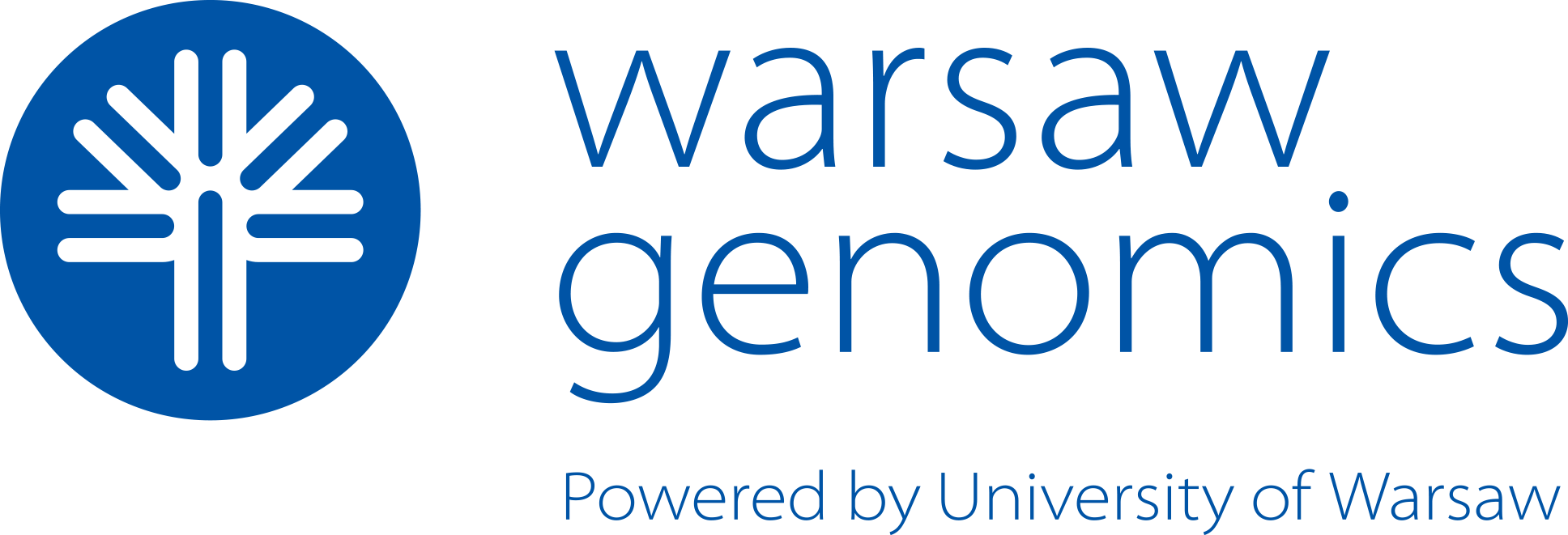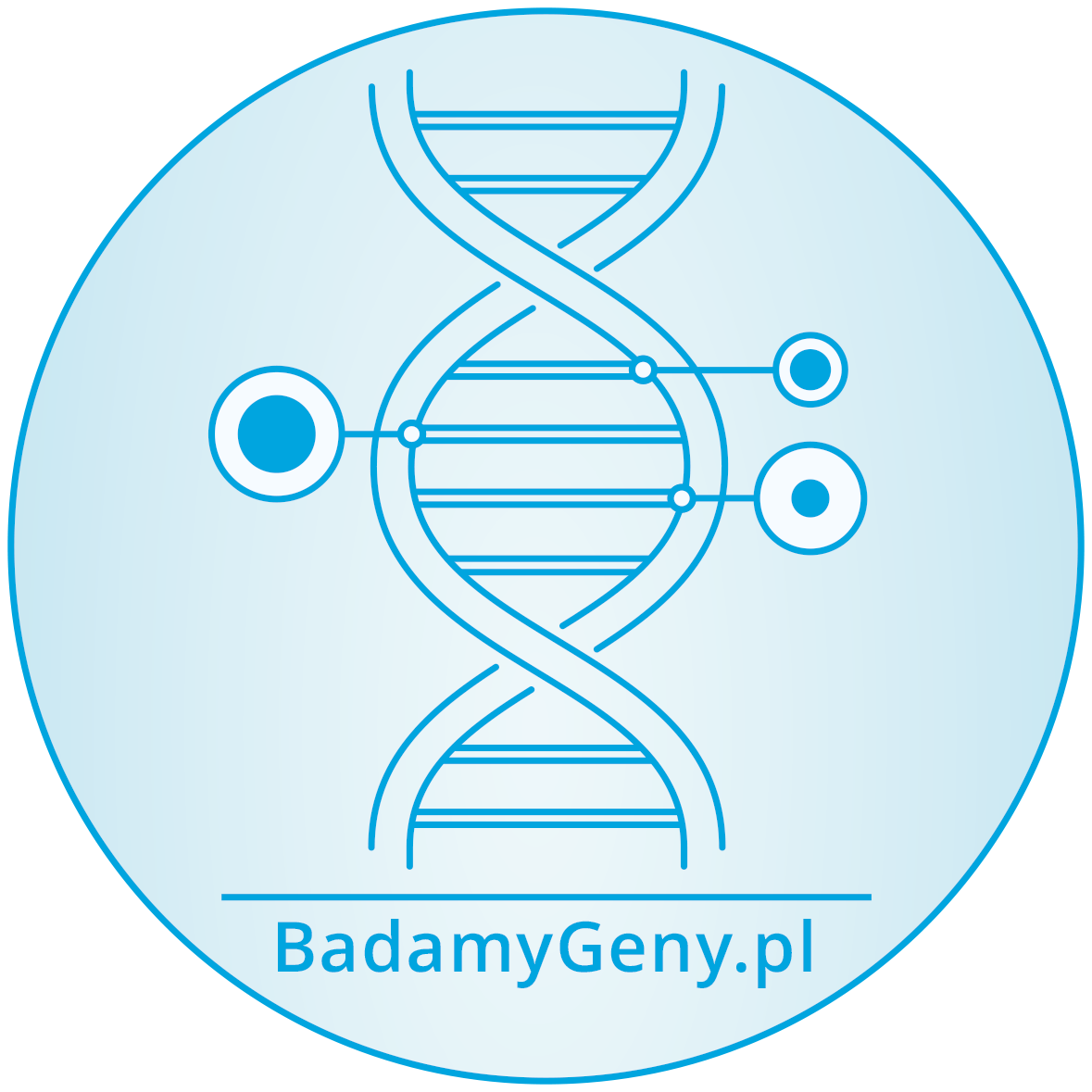We would like to invite you to take part in the Young Scientists Conference on Molecular and Cell Biology dedicated to PhD, Master and undergraduate students. The conference will take place on April 11, 2019 at the International Institute of Molecular and Cell Biology in Warsaw.
We want to provide a platform for early-stage scientists to share their experiences with cutting-edge technologies and research in molecular and cell biology. We aim to create an open-minded and earnest discussion about science and its applications. During the meeting we will host three talks by well-established scientists providing insight into their newest achievements. We are aware of our responsibilities as researchers to disseminate our findings, therefore one of the talks will be held as an open, popular-science lecture.
The speakers will be chosen among the participants by the scientific committee based on the abstracts submitted for the registration. Best presentations and posters, are going to be awarded the special prizes funded by our sponsors.
Registration and abstract submission deadline: 28th February 2019
Registration has been closed
Chosen participants will be notified by: mid March 2019
Invited Speakers
Prof. Peter Cherepanov is a Group Leader of Chromatin Structure and Mobile DNA Laboratory at Francis Crick Institute, UK. He obtained his PhD under the supervision of Zeger Debyser and Erik DeClercq at the Rega Institute (University of Leuven, Belgium) and did a post-doc in Alan Englelman’s laboratory at the Dana-Farber Cancer Institute (Boston, USA).
The main focus of Peter Cherepanov’s laboratory is the understanding of the precise mechanisms by which retroviruses integrate their DNA into the host genome. In their research they very successfully use X-ray crystallography and Cryo-electron microscopy for determining detailed structures of viral elements responsible for the DNA integration, as well as host cell components which are used in this process. Their work has a tremendous potential for the improvement of the current anti-retroviral therapies, and also may be used for the development of gene therapy tools. Another none less interesting area of Peter Cherepanov’s research is the structural biology of the initiation of the eukaryotic DNA replication.
Find out more:
https://www.crick.ac.uk/research/labs/peter-cherepanov
Prof. Dr. Thomas Carell is a Professor for Chemistry at Ludwig Maximilian University of Munich, where he leads a Laboratory of Organic and Biomolecular Chemistry. He Obtained his PhD with Prof. H. A. Staab at the Max Plank Institute of Medical Research and did a post-doc with Prof. J. Rebek at Massachusetts Institute of Technology (MIT), USA.
Thomas Carell's laboratory consists of over 40 highly qualified scientists whose research is centered around the chemical biology of nucleic acids. They combine chemical, biochemical, biophysical and biological approaches doing research in the fields of DNA repair, epigenetics, nucleic acid technology, RNA technology and prebiotic chemistry. Thomas Carell's discoveries shed light on the complex gene expression regulation mechanisms and the possible chemistry of origin of life.
Find out more:
https://www.carellgroup.de/
Prof. Dr. Holger Stark is a Professor for Molecular Electron Cryomicroscopy at the University of Goettingen, and the director of the Department of Structural Dynamics, Max Planck Institute for Biophysical Chemistry. He obtained his PhD from the Free University of the Berlin and did a post-doc at the Imperial College in London.
Holger Stark is one of the most recognized scientists in the field of cryo-electron microscopy (cryo-EM). His research group develops novel strategies for determining high resolution cryo-EM 3D structures of the most challenging targets. The main focus of Prof. Stark's laboratory is obtaining structural information on the eukaryotic pre-mRNA splicing.
Find out more:
https://www.uni-goettingen.de/en/58036.html
https://www.mpibpc.mpg.de/stark
Dr. Jacek Kolanowski is the Head of Molecular Probs and Prodrug Laboratory at the Institute of Bioorganic Chemistry, Polish Academy of Sciences (Poznan). He is a young principal investigator who has just returned from his post-doc at the University of Sydney. Dr. Kolanowski's research achievements may find numerous applications in monitoring various factors in living systems the health and disease. He and his colleagues have developed fluorescent redox sensors, different ion metal sensors, ion biosensors and sensors for simultaneous detection of multiple analytes and many others. These tools may be used on organismal, cellular and even organellar levels!
Find out more:
http://jacek-kolanowski.com/molecular-probes/
08:30-09:00 Registration & morning coffee
09:00-09:15 Opening remarks and introduction of the invited speakers
09:15-10:15 Prof. Peter Cherepanov, Chromatin Structure and Mobile DNA Laboratory, The Francis Crick Institute, United Kingdom
10:15-10:30 Coffee break
10:30-11:30 Session I (4 talks)
11:30-12:00 Coffee break
12:00-13:00 Session II (4 talks)
13:00-13:15 Coffee break
13:15-14:15 Prof. Thomas Carell, Department of Chemistry and Pharmacy, Ludwig-Maximilians-Universität München, Germany
14:15-15:30 Lunch and poster session
15:30-16:30 Prof. Holger Stark, Department of Structural Dynamics, Max Planck Institute for Biophysical Chemistry, Germany
16:30-16:45 Coffee break
16:45-17:45 Session III (4 talks)
17:45-18:00 Coffee break
18:00-19:00 Dr. Jacek Kolanowski, Institute of Bioorganic Chemistry, Polish Academy of Sciences, Poland
19:00-19:15 Closing remarks and awards ceremony
19:30- Get-together (TBA)
Organizers







